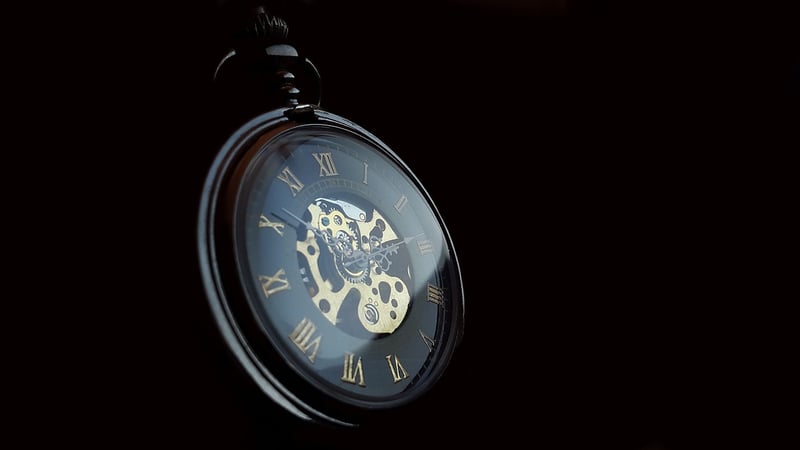Time Paradoxes
The Consequences of Time Travel and Time Paradoxes
Introduction
Time travel has long captured the imagination of people around the world. The ability to move through time, to witness historical events firsthand or explore the future, is a concept that has been the subject of countless books, movies, and scientific theories. However, the idea of time travel comes with a myriad of consequences and potential paradoxes that can have profound effects on the fabric of reality.
Consequences of Time Travel
Time travel, if possible, would have far-reaching consequences that could disrupt the natural order of the universe. Some of the potential consequences include:
- Altering the course of history: Changing even the smallest detail in the past could have significant ripple effects on the future, leading to unpredictable outcomes.
- Creating alternate timelines: Time travel could result in the creation of parallel universes where different events unfold, leading to a multitude of possible realities.
- Paradoxes: Time travel paradoxes, such as the grandfather paradox or the bootstrap paradox, could arise, causing logical inconsistencies that defy explanation.
- Temporal conflicts: Interfering with the past could lead to conflicts between different versions of reality, potentially resulting in chaos and instability.
Time Paradoxes
Time paradoxes are logical conundrums that arise from the concept of time travel. Some of the most well-known time paradoxes include:
- The Grandfather Paradox: A time traveler goes back in time and prevents their grandfather from meeting their grandmother, which would mean the time traveler is never born. But if the time traveler is never born, they could never go back in time to prevent the meeting, creating a paradox.
- The Bootstrap Paradox: An object or information is sent back in time in an infinite loop with no origin. For example, a person learns how to build a time machine from their future self and then travels back in time to teach their past self, creating a loop with no clear beginning.
- The Predestination Paradox: Events in the past are caused by future events, which are, in turn, caused by events in the past, creating a cycle where cause and effect are impossible to determine.
Conclusion
While the concept of time travel is fascinating, the consequences and paradoxes associated with it highlight the complexities and potential dangers of tampering with the flow of time. Whether time travel will ever become a reality remains to be seen, but contemplating its implications can lead to intriguing philosophical and scientific discussions.
Image Source: Pixabay

